There is a shortage of rigorous research into black castor oil and its impact on human hair.
Still, many individuals — largely basing their views on personal experience — believe that applying black castor oil to their hair supports hair health and encourages growth.
Extracted from the seeds of the castor plant (Ricinus communis), castor oil is used industrially as a lubricant and as an additive in cosmetics and foods. Medically, it’s also employed as a stimulant laxative.
Rich in ricinoleic acid, an omega-9 fatty acid, castor oil has, according to a 2012 study, antioxidant, antimicrobial, and anti-inflammatory qualities.
:max_bytes(150000):strip_icc()/012325-jamaican-castor-oil-lead-23630e85a15646ee86d38c29403211c7.jpg)
Two varieties of castor oil
Generally, two forms of castor oil are available:
- yellow castor oil, produced by cold-pressing fresh castor seeds
- black castor oil, produced by roasting the castor seeds and using heat to extract the oil
Because the roasting-and-extraction method originated in Jamaica, black castor oil is frequently called Jamaican black castor oil.
Claims about hair growth
Supporters of black castor oil often bolster their claims by linking it to the purported benefits of other essential oils.
While some research indicates that certain oils, like peppermint oil and lavender oil, may have potential to encourage hair growth, there remains a lack of high-quality studies specifically examining black castor oil’s effects on human hair.
Castor oil as a hydrator
Castor oil functions as a natural humectant (it helps retain moisture) and is commonly used in cosmetics — included in products such as lotions, makeup, and cleansers — to aid hydration.
Proponents who apply castor oil to hair and skin argue that its moisturizing qualities contribute to healthier hair and scalp. People seeking to avoid fragrances, dyes, and preservatives often use it undiluted or combine it with a carrier oil, such as:
- coconut oil
- olive oil
- almond oil
Possible risks
According to the Toxnet Toxicology Data Network, castor oil can cause mild irritation and discomfort to the eyes and skin.
Although small oral doses of castor oil are generally considered safe, larger amounts can produce:
- nausea
- vomiting
- abdominal cramps
- diarrhea
Pregnant individuals should avoid ingesting castor oil.
As with any new topical product, apply a small patch of black castor oil to the inside of your arm. Leave it for 24 hours to check for any irritation or adverse reaction.
Ricin
Castor seeds naturally contain the toxin ricin. If you chew and swallow castor seeds, ricin can be released and cause harm. Ricin is also present in the waste from castor oil production. Castor oil itself does not contain ricin.
The Centers for Disease Control and Prevention (CDC) notes that intentional ricin exposure is unlikely unless someone ingests castor seeds. The CDC also points out that ricin has been investigated in medical research targeting cancer cells.
Bottom line
In the absence of established clinical proof, evidence that black castor oil promotes hair growth or provides other hair benefits is mainly anecdotal.
If you plan to try castor oil on your hair, talk with your physician first. They can identify any concerns about how castor oil might affect your health, including possible interactions with medicines or supplements you’re taking.

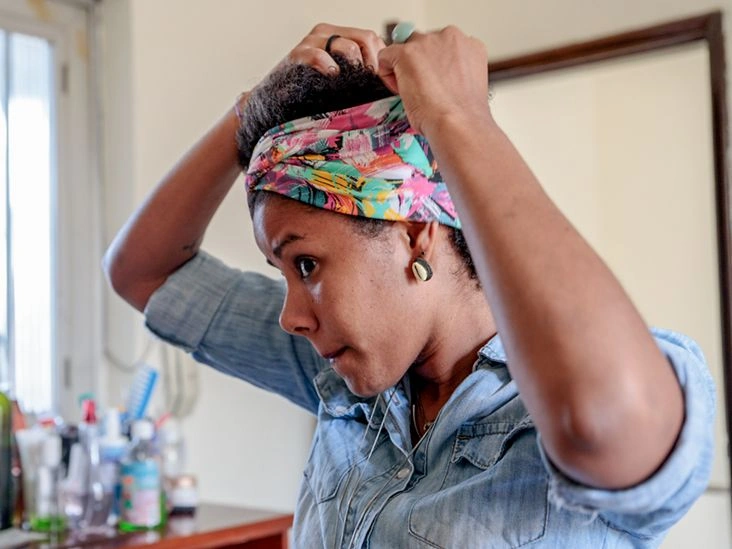


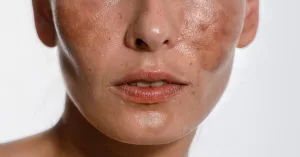

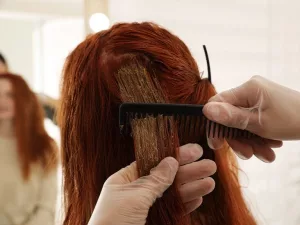

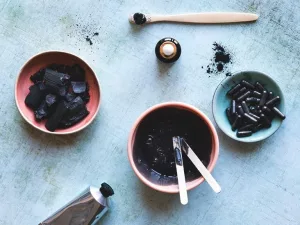













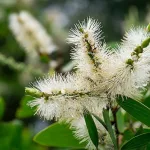


Leave a Reply
You must be logged in to post a comment.